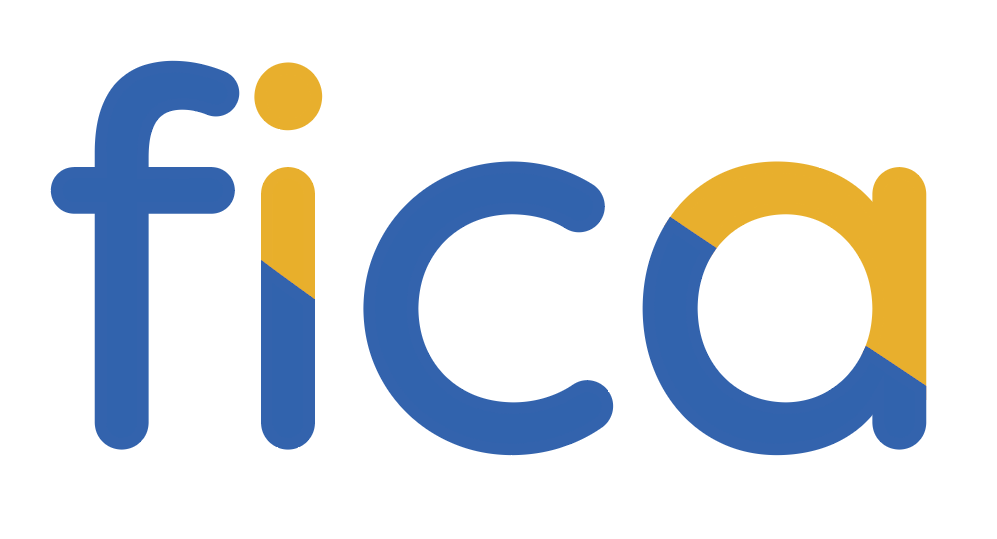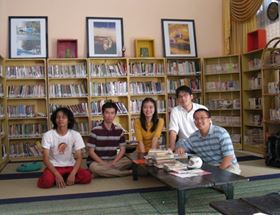In 2007, we were part of a team that conducted a study to assess the penetration, the influence, and the perception of Shariah law in Indonesia. We conducted discovery trips to assess in 4 major public segments: economic/business, church, university, and government. We focused our study in Makasar where the strongest push for the implementation of Shariah law existed outside Aceh. We would discuss the summary our finding on economic/business in this writing.
The adoption of Shariah law into public law is against the spirit of Pancasila and UUD’45 that uphold pluralism instead of secretarial. However, the Shariah law was rapidly adopted in the business arena for 2 primary reasons: market demography and economic condition. Businesses that utilized “Islamic” symbolism could attract loyal customer because of the combination of emotional and monetary value of the goods as well as the fact Indonesians are primarily Muslims. Indonesian economy was in down trend in 2007. There were a lot of thoughts in the public especially in Makasar that Islamic based economy could save the day.
To understand the penetration, influence, and perception of Shariah law in the business arena, we visited Bank Negara Indonesia, BNI, that offered Shariah loan, Café Biblioholic, a large wood processing company, and two small businesses offering transportation (Angkot) and printing (copy services). We also visited a local politician who was also a businessman.
FICA’s staffs visiting café Biblioholic
In general, we found that Shariah was not been adopted in widely in business area. The business communities saw that Shariah based business was very complex and therefore costly to abide. People involved in Shariah business mainly for personal calling and not for economic reason. Outside banking, where the business was very cutthroat and the margin was tight, the businessman did not even have time to understand and let alone implement the Shariah business.
Although Shariah law was not well adopted in the business arena, we felt that sooner or later it would for two main reasons. Firstly, the inability for the government to practice clean, transparent, and professional governance will eventually lead the people to call the implementation of Shariah law. This will be more prevalent in rural and poor areas where people have no way to turn. Supporting the Shariah law will give meaning to their current suffering and poor outlook of lives. Secondly, we found, from our interviews with people leaving in rural areas, that the failure of government was equal to the failure of Pancasila and UUD’45. This will eventually give more justification to adopt Shariah into law.
When the Shariah law permeates the business arena, the corrupt nature of the government still persists; while the law becomes discriminative. The government policy will still pro-big business and not friendly to the general population. At the end, the businessman will have to participate in money politics just to survive.
In the midst of this, we found an encouragement from one of our brother fighting relentlessly for God in the area. He was a community leader, a businessman, and a politician. He said as Christian we were tasked to show goodness and to bring good change in our community. He reminded us the cultural mandate in Genesis 1:28, “Be fruitful and multiply and fill the earth and subdue it and have dominion over the fish of the sea and over the birds of the heavens and over every living thing that moves on the earth.” The first phrase, “be fruitful and multiply”, means we need to build culture through the formation of family, government, and churches. The second phrase, “subdue the earth”, calls us to draw and utilize the earth potential for our goods. This passage is sometimes called the “Cultural Mandate” that informs us God’s original purpose of man. We are to create cultures and build civilizations.
Our visit to Café Biblioholic and Matepe provided us the working model. Both institutions were set up as social business, which seeks both profit and social transformation. The Café for example charge membership for people to use their library and enjoy the condiments. They used the money to invite writers and public figures to conduct dialogue. 6 years later, the company owned this Café shop has grown into a conglomerate consisting of many other businesses such as publication and mass media (both internet and paper based). However, their impacts are more than profit. They have built a strong secular community that support pluralism and our constitution.
Matepe has also been inspiring for us. This non-profit organization serves relentlessly the poor in the remote areas regardless of their ethnic and religion. They provide business training and coordinate community infrastructure and health projects. Their impact has been immensely felt by the people and truly transformational. We went to one of the village they served. Matepe has such sterling reputation that they were invited by the religious leaders of that village time and time again to do community project. The people could point out the latrine they built together with Matepe and the businesses (mainly farming) that were launched with the help and funding of Matepe. Walking through the village, we could sense the cultural transformation. We could sense the strong trust and sense of brotherhood that went beyond religious background.
At the end, this discovery trip solidified our belief that cultural transformation could be done in a country as plural as Indonesia. Also, business can serve as the platform to start the transformation and fulfill the cultural mandate.

